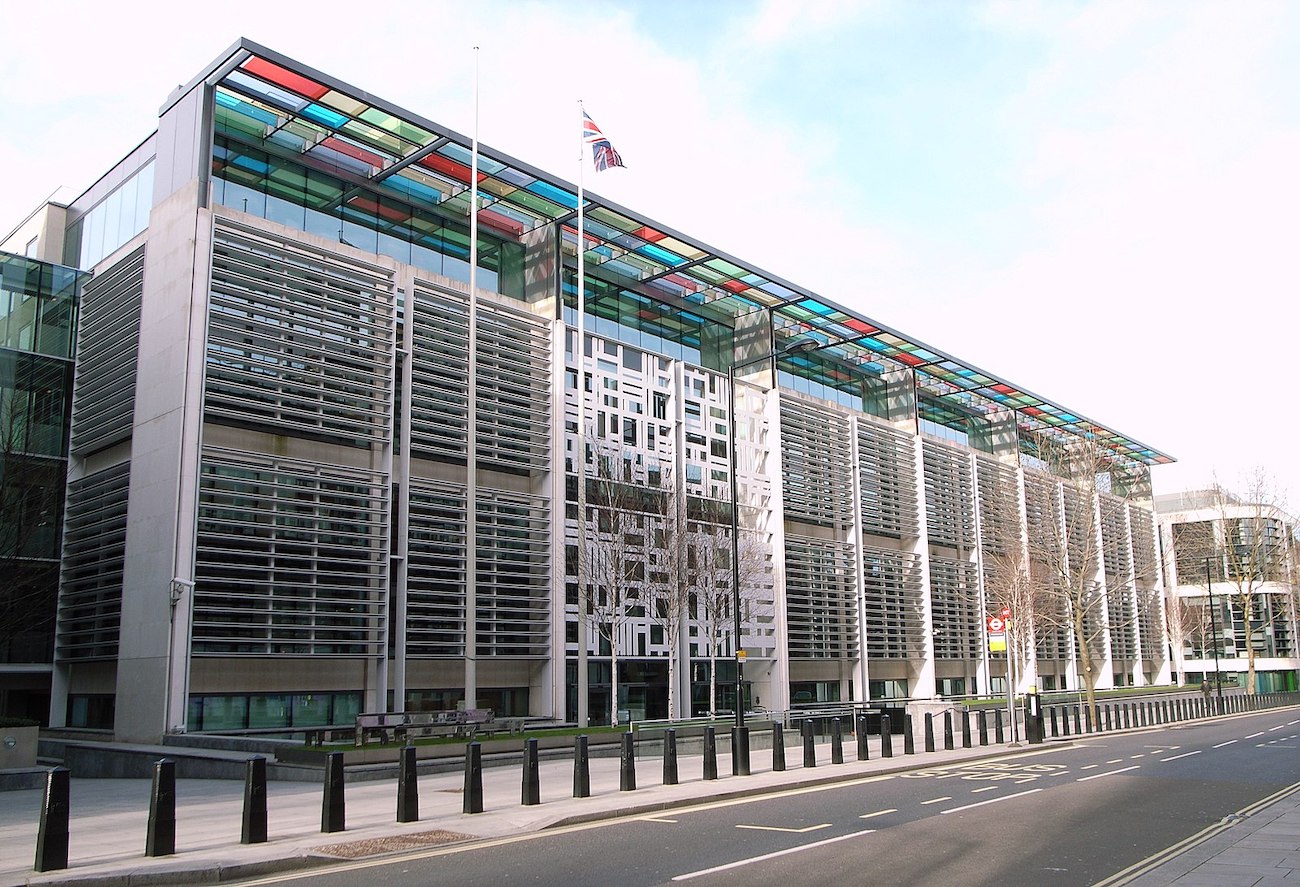On January 7, the United Kingdom government’s Home Office announced that it will seek advice on whether to reclassify ketamine in a way that would increase criminal penalties for the drug.
The news comes amid growing concern and moral panic over record use of ketamine, an anesthetic with dissociative effects, in recent years. Among people aged 16-24, the government reports the rate of use as 2.9 percent—more popular than any state-banned drug except cannabis.
Ketamine can be prescribed off-label as a depression treatment in the UK, though not on the National Health Service (NHS). However, a small number of deaths related to unregulated ketamine use—meaning ketamine was present, but not that it was necessarily the direct or sole cause of death—have been reported.
These include one case which, in November, prompted a coroner to call for reclassification of the drug. She wrote that its current Class B status was “likely to encourage others to start to use it or continue to use it under the false impression it is ‘safer.’”
The government might now redesignate ketamine as a Class A substance under the Misuse of Drugs Act 1971.
Possession of Class B drugs is punishable by up to 5 years in prison, while supply or production might bring a penalty of up to 14 years in prison. Possession of a Class A drug, on the other hand, can be punished with up to 7 years in prison, and supply or production can lead to life imprisonment. (Unlimited fines may also apply in all cases.)
The relationship between evidence and the policies pursued by British governments—both Conservative and Labour—offers little reassurance.
Dame Diana Johnson, the Labour government’s minister for policing, fire and crime prevention, will reportedly write to the UK’s Advisory Council on the Misuse of Drugs (ACMD) requesting advice, and “carefully consider” its recommendations before making a decision.
But the relationship between evidence and the policies pursued by British governments—both Conservative and Labour—offers little reassurance.
In 2023, the Conservative government blatantly disregarded the ACMD when the government-appointed body recommended against scheduling nitrous oxide as a Class C drug. This was a clear case of policy-based evidence-making, rather than evidence-based policymaking—driven by a desire to appease populist narratives about so-called “yobs” and antisocial behavior.
Despite some ideological differences, the Labour Party, which won the 2024 election, has repeatedly shown a similar attitude, embracing “tough on crime” rhetoric to appeal to public anxieties. The reclassification of ketamine, if pursued, would reflect the same harmful trajectory, prioritizing political return over the likely negative outcomes.
One of the many lessons we can learn from the history of prohibition in the UK (as elsewhere) is that neither ketamine use nor any problems associated with it will be erased by implementing more draconian penalties.
Take cocaine and MDMA, for instance, both Class A substances. Their presence in pubs and clubs throughout the UK underscores the failure of criminalization to curb demand or supply—the original purpose of the Misuse of Drugs Act. Despite the threat of harsh penalties, vendors openly advertise on platforms like WhatsApp and Telegram, offering deals such as the “three for £100” typical for cocaine. Sales contacts can even be found on stickers with QR codes, call cards or lighters left at student halls, mailboxes and other public spaces.
What intensifying penalties for ketamine will do is ruin more lives through criminalization and incarceration, and dissuade people experiencing problematic use from seeking help.
This widespread availability underscores a critical lesson: Criminalization fails to deter drug use or disrupt the illicit market it aims to suppress.
What intensifying penalties for ketamine will do is ruin more lives through criminalization and incarceration, and dissuade people experiencing problematic use from seeking help. It will additionally increase the burden on an already overwhelmed criminal justice system—court backlogs have reached historic levels in England and Wales.
Costly prisons and courts are among the ways prohibition wastes taxpayers’ pounds. In 2022, the Transform Drug Policy Foundation estimated that the UK spends almost £7 billion annually on drug law enforcement—expenditure that exacerbates harms to individuals and communities.
If the goal is genuinely to address harms associated with ketamine use, a public health approach is essential. Education about the risks of ketamine and funding for harm reduction and treatment services are far more effective than punitive measures. Policymakers must also grapple with the structural issues driving problematic drug use, including poverty and a national mental health crisis.
Recently, psychiatrist Owen Bowden-Jones, an addiction consultant and honorary professor at University College London, suggested that many young people using ketamine are self-medicating for mental health issues. It wouldn’t be surprising if future evidence confirms this given the current crisis in the NHS, where one struggles to get even a GP appointment. Addressing root causes of problematic drug use requires a commitment to long-term investment in social services and infrastructure—a commitment often absent from both Conservative and Labour platforms.
As both major parties compete to appear tougher on crime without considering evidence or consequences, UK drug policy is trapped in a pattern of penal populism. Further criminalization of people who use or sell ketamine may win approving headlines, but will cause more harm while doing no good. Labour’s eagerness to mirror the Conservatives betrays a lack of the political imagination and courage required to break the cycle of ineffective and unjust drug policy.
Photograph of the headquarters of the UK Home Office by Steve Cadman via Wikimedia Commons/Creative Commons 2.0




